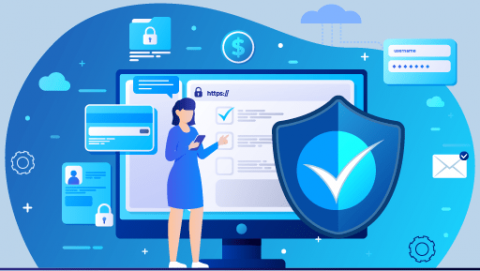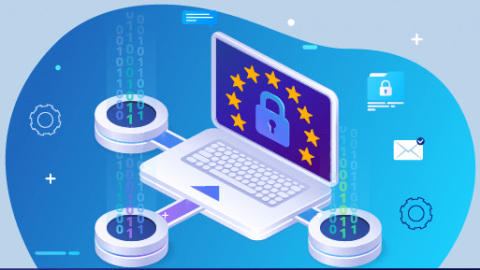Don't Just Ensure Cybersecurity Asset Compliance - Prove It
With cybersecurity asset compliance, it’s not enough to ensure your systems and processes are operating in accordance with security frameworks and regulations. Unless you can prove compliance, you’re still subject to failed audits and penalties. When you automate cybersecurity device assessment and policy enforcement with Forescout, passing compliance audits becomes a byproduct of security operations.









